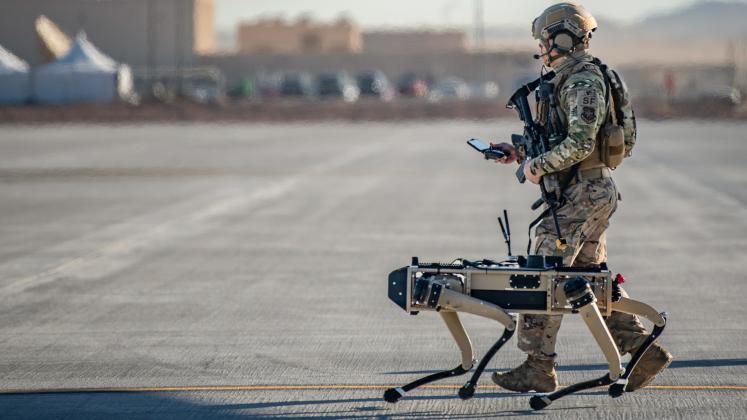Newspaper Article 11/06/2014
Amid hopes and fears, Afghan presidential elections held in the first week of April. The initial results showed Dr. Abdullah, of the three candidates, having a lead in the elections. Though these are not the final results, but Dr. Abdullah Abdullah, former Foreign Minister and Mr. Ashraf Ghani a former Finance Minister and a former World Bank official appears to head for a run-off election. It is enunciated in Afghan constitution that a candidate must receive over 50 % of votes to win elections otherwise run-off election would be held.
Despite Taliban’s threats, urban population enthusiastically participated in the election process with impressive voter turnout of about 55-58 %. Presidential election is just a step forward in the process of political transition in Afghanistan. Given the ethnic polarization of Afghan society it would be a hard task to go for runoff elections as ethnic rivalries may spur new wave of violence and instability. Dr. Abdullah associated with Tajik political party may not get Pashtun votes in South and Southeast and Mr. Ghani, a Pashtun, may not get the support of other ethnic groups thus creating a legitimacy problem among other ethnic groups.
The political transition in Afghanistan was much awaited as it precedes the security and economic transitions that have to take place during this year. The most debated issue in Afghanistan in the recent past has been the Bilateral Security Agreement (BSA) that is an important component of security transition. BSA deals with post-2014 presence of foreign troops in Afghanistan and would be a defining factor in characterizing US-Afghan future relations.
The three prominent Presidential candidates are willing to sign the BSA between United States and Afghanistan. Signing of BSA had become a contentious issue between President Karzai and the United States as both states had been negotiating the terms of agreement for more than a year. President Karzai had serious reservations about various clauses of BSA regarding providing legal immunity to US troops under Afghan law and on the issue of night raids on Afghan residential areas that kept negotiations stalled. Earlier, President Karzai made the final approval of the agreement conditional to the endorsement of Loya Jirga but later on, despite Loya Jirga’s endorsement to sign the agreement President Karzai refused to sign it and delayed it until new President sworn in.
President Karzai didn’t sign the BSA due to his own political interests as he would no longer be a decisive factor in determining the future security architecture of post withdrawal Afghanistan. The next President has to face the challenges of economic and security transition while confronting the challenges of political transition as well. It is the process of political transition that is the most challenging one and will define the contours of emerging order in Afghanistan.
The coming President would also face the challenge of engaging Taliban in peace talks. Taliban representatives rejected the elections and they might reject the legitimacy of the new President as well. Earlier, Doha peace process between United States and Taliban suffered a setback when talks on the BSA were suspended by President Karzai as a protest against Doha process because President Karzai wanted to be at the center of any dialogue process with Taliban. United States gave priority to the signing of BSA over peace talks with Taliban. BSA is significant for United States as it will allow more than 10,000 support forces in Afghanistan. US presence in Afghanistan is not only important to back up the Afghan army for coming years and to use Afghan bases for counterterrorism missions but emerging China and resurging Russia also merits in its strategic calculus.
The regional states are concerned about long-term presence of extra-regional forces in Afghanistan and consider it detrimental to their interests. These states are also apprehensive of a looming civil war in Afghanistan that can only be avoided by initiating the dialogue process. Unfortunately, no serious efforts have been made to revive the stalled Doha process that could have led to intra-Afghan reconciliation process. Such initiatives would help to accommodate the interests of stakeholders and would create conducive environment for successful political and security transitions.
Regional states should also develop consensus on non-interference in internal affairs of Afghanistan. These states can help in capacity building in Afghanistan while respecting the sensitivities of others. Pakistan as a neighboring state has been facing the fallouts of Afghan conflict since three decades and the chaos and instability in Afghanistan directly affects the stability of Pakistan.
Post-election transitions though a challenging task but should lead to durable peace and stability in Afghanistan because a stable Afghanistan is the key to regional stability.
The article was carried by Monthly Economic Affairs in its May 2014 Edition. The views expressed belong to the Author and do not reflect the policy of the Institute.


